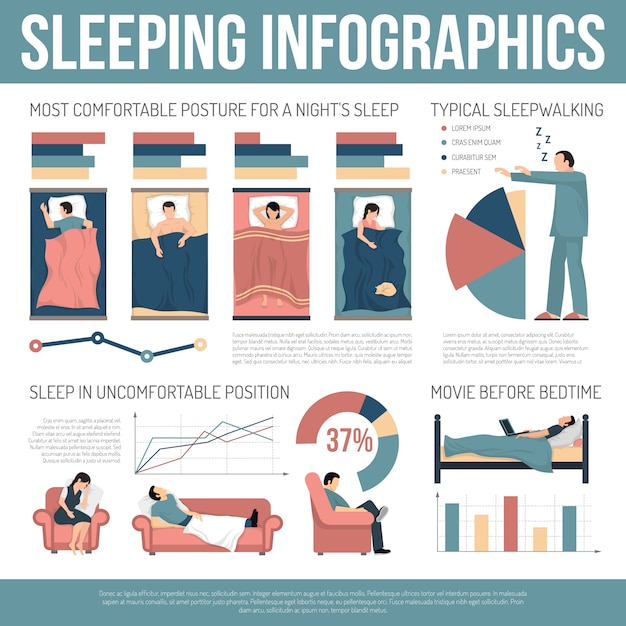
Not getting enough sleep can make you feel tired and cranky all day. If sleep apnea is causing restless nights, it may impact your health and life. About one in three adults in the US have obstructive sleep apnea. If you wake up at night gasping for air or feeling like you can’t breathe, it’s time to get checked for sleep apnea. This can cause daytime fatigue and mental fog from not getting enough quality sleep, despite being in bed for long.
So, what is Sleep Apnea? It’s a sleep disorder where you don’t breathe normally during sleep. About 12% of Americans suffer from it, but unfortunately, 80% of these cases go undiagnosed. This condition can occur due to obesity and age, but even young, healthy people can have it. If you suspect you have sleep apnea, look for doctors who specialize in sleep disorders in your local area.
What are some common sleep apnea symptoms? They can include loud snoring, sounds of gasping or snorting in sleep, feeling sleepy during the day, poor quality sleep, waking up multiple times, or feeling choked when waking. If you have sleep apnea, you might wake momentarily in the night to breathe, often without even realizing it.
Sleep apnea can seriously disrupt sleep. For example, a person with mild apnea might wake up about every four minutes due to breathing issues. This restlessness can lead to cardiovascular problems.
But what about treatment? The standard treatment involves using a special mask called a CPAP to deliver pressured air. However, lifestyle changes like losing weight can also be helpful. In extreme cases, surgery might be suggested.
Are there any sleep positions that can help? Yes! Try sleeping on your right or left side, on your stomach, or on your back with your head elevated. These positions can help to prevent your airway from being blocked, reduce snoring and improve your sleep.
What if you experience sleep apnea symptoms? If you’re feeling drowsy during the day or having disrupted sleep even without waking up gasping for air, it’s worth getting checked. Alongside getting medical advice, trying lifestyle changes like healthier eating and weight management can help, particularly if you’re overweight.
If you prefer not to use a CPAP machine, breathing and snoring can sometimes be managed with special oral appliances. Addressing sleep apnea becomes easier with proper guidance, so find the right doctor or surgeon in your area who specializes in this.
So, why wait? Consult a local oral and maxillofacial surgeon today and start improving your sleep. Sleep Apnea isn’t something to ignore – taking action can make a world of difference to your health and well-being.


